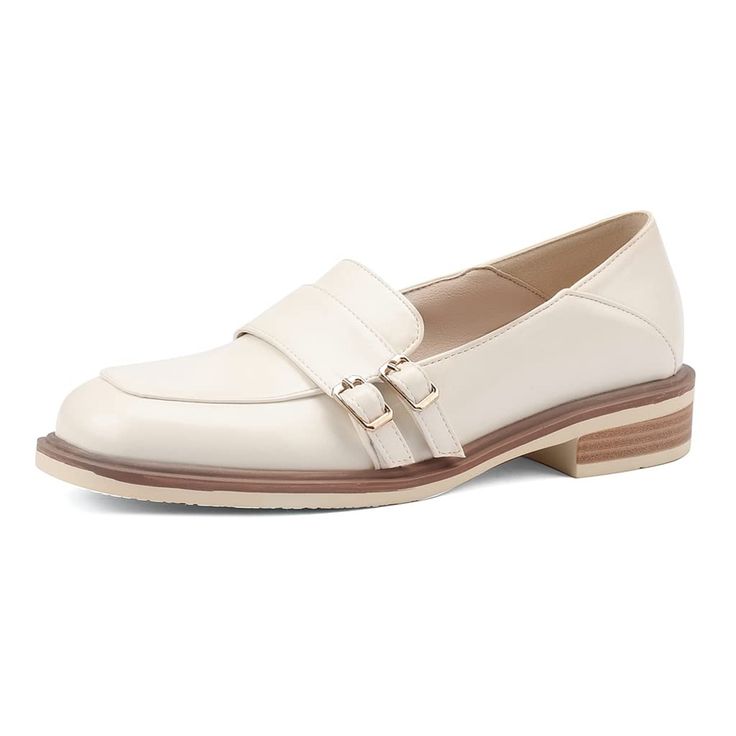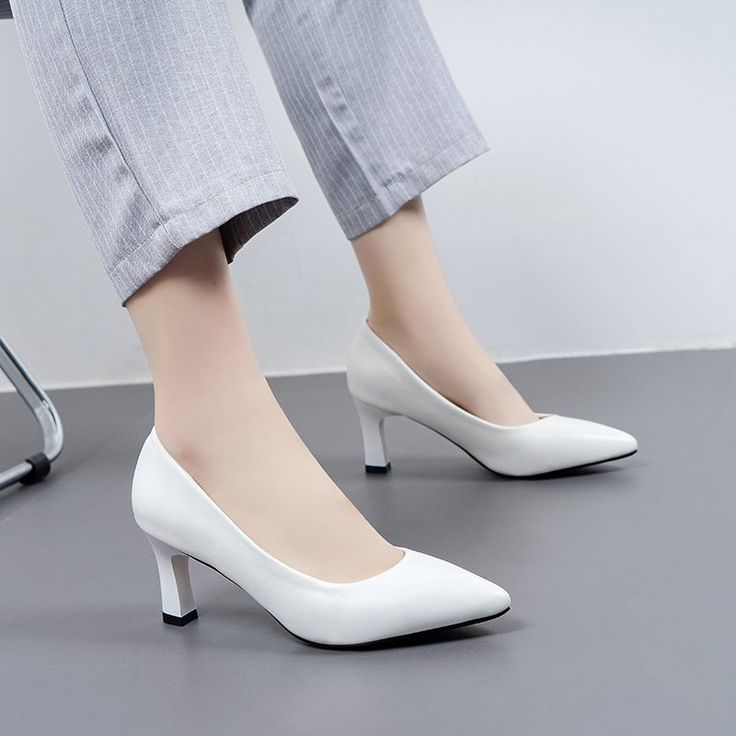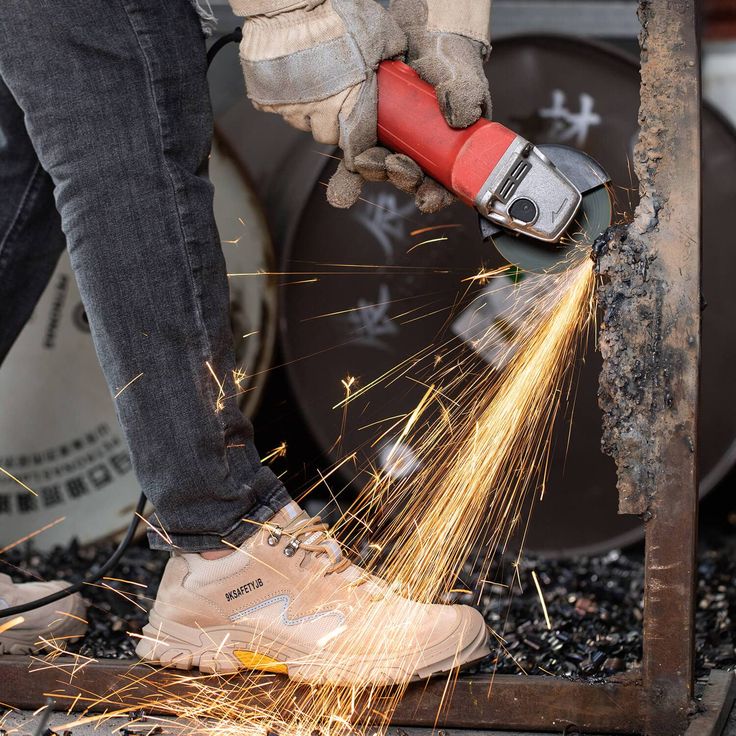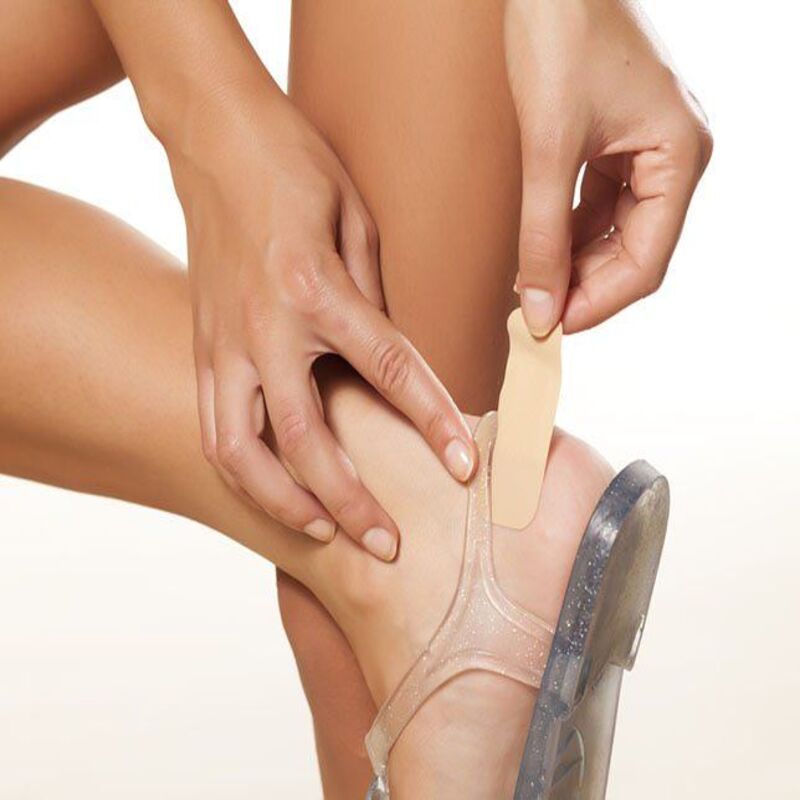When it comes to securing your dream job, you might think about perfecting your resume, preparing for the interview questions, or even practicing your handshake. However, the shoes you choose to wear are just as important as your outfit or your etiquette during the interview. Taking the time to select the right shoes can enhance your confidence, create a lasting impression, and reinforce the professional image you want to project. This comprehensive guide will explore what shoes to wear to an interview, providing you with insights and tips to make the best choice for this crucial occasion.
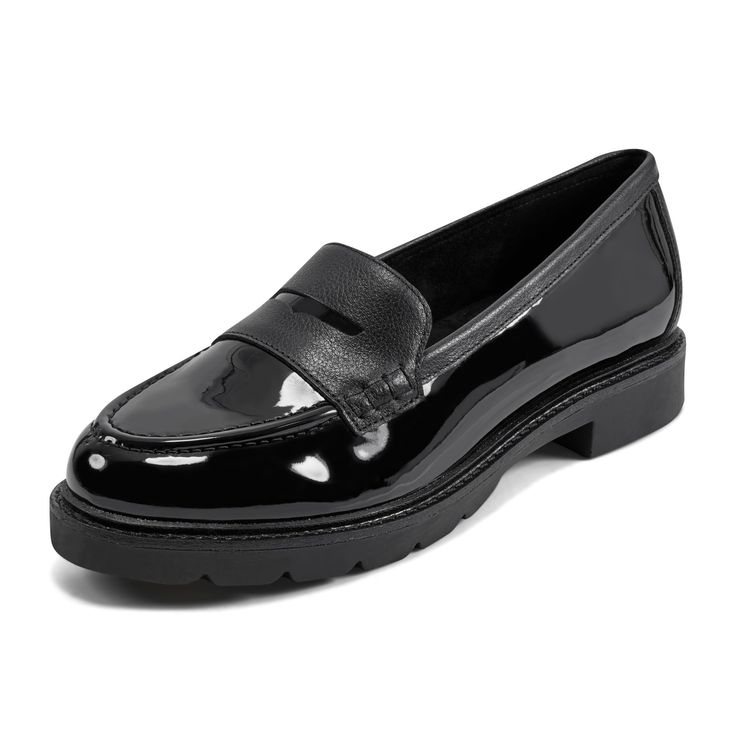
What Types of Shoes to Wear to an Interview?
Choosing the right type of shoes for an interview is critical. Several factors come into play, including the industry you are entering, the company’s culture, and your personal style. Here are some popular options:
- Dress Shoes: These are classic options for interviews, providing a polished and professional appearance. Opt for leather or suede materials in neutral shades like black, brown, or navy. Oxfords, loafers, and derbies are staples that blend well with formal attire.
- Heels: For women, heels can add a sophisticated touch. Choose a height that you are comfortable with—3 inches is generally a safe height. Make sure the shoes are not too flashy and complement your outfit.
- Flats: Flats can be a practical yet stylish choice for interviews. Look for a pair in a refined material, avoiding overly casual designs.
- Boots: If you are interviewing in a more creative field, ankle boots can work. Choose simple styles in clean designs that align with your professional attire.
- Sneakers: In some industries, especially tech or startups, clean, minimalistic sneakers may be acceptable. Ensure they are in good condition and pair them with smart casual clothing.
Why Are Your Shoes Important for an Interview?
Shoes can tell a lot about your personality and level of professionalism. When you walk into an interview, hiring managers will notice your shoes alongside your overall appearance. The right shoes can enhance your confidence, while inappropriate choices can distract from your qualifications. Always remember:
- First Impressions Matter: Your shoes are often among the first things that people notice. A well-chosen pair can establish a sense of professionalism right from the start.
- Industry Expectations: Different industries may carry varying expectations regarding footwear. It’s essential to be aware of these expectations as they guide your shoe choice.
- Comfort Is Key: You need to feel at ease during your interview. If your shoes are uncomfortable, it may impact your performance during this crucial meeting.
- Style Reflection: Shoes can reflect your personal style and brand. Choosing shoes that resonate with who you are while maintaining professionalism is essential.
- Building Confidence: Wearing shoes that make you feel good can boost your confidence as you enter the interview room.
What Colors Should Shoes Be for an Interview?
The color of your shoes can influence the impression you make. While black, brown, and navy are classic choices for dress shoes, you can also consider:
- Neutral Shades: These colors provide versatility and can easily match with various outfits. Stick to brown or tan if you’re wearing lighter clothing.
- Avoid Bright Colors: While bright shoes may express your personality, they might also come off as unprofessional or too casual for traditional interviews.
- Material Matters: Regardless of color, opt for high-quality materials. Leather shoes, for example, exude professionalism, while canvas sneakers might suggest a casual attitude.
- Match Your Outfit: Ensure your shoes complement your entire outfit. If you’re wearing a navy suit, brown or black shoes work well; avoid mismatched colors that clash with your attire.
- Fashion vs. Function: Understand when to prioritize functionality over fashion. Shoes should be comfortable, allowing you to focus on the interview rather than your aching feet.
Should You Match Your Shoes with Your Outfit?
A common concern is whether your shoes should match your outfit. Here’s a breakdown of how to achieve a cohesive look:
- Color Coordination: It’s wise to have your shoes match or complement your clothing color. A good rule of thumb is that lighter-colored suits go well with lighter shoes and darker outfits with darker shoes.
- Consider the Occasion: If the role you are pursuing has a more laid-back atmosphere, choosing shoes that still maintain a level of professionalism but perhaps carry a bit more character is acceptable.
- Be Aware of Patterns: If your outfit has patterns, opt for shoes in solid colors to keep the look balanced. Too many patterns can be overwhelming.
- Footwear as an Accent: Consider making your shoes a standout piece by opting for interesting textures or subtle embellishments. Provided they’re still professional, this can add a personal touch to your appearance.
- Final Look Assessment: After selecting an outfit, assess the entire look. Walking in front of a mirror can help you decide if the shoes you’ve chosen will work effectively with the overall attire.
How to Choose Comfortable Shoes for an Interview?
Comfort should never be compromised, especially for an interview. Here are ways to ensure you pick comfortable footwear:
- Break-In Period: If you’re buying new shoes, give them adequate time to break in before the interview. Try wearing them around the house to soften them up.
- Try on Various Styles: Don’t stick to one type of shoe before the interview. Try heels, flats, and other options to see what feels best while maintaining professionalism.
- Opt for Padding: Look for shoes with adequate padding around the soles and insole. This feature can significantly impact long-term comfort.
- Consider the Fit: Ensure proper fitting. Shoes that are too tight can lead to discomfort, while those that are too loose may cause you to trip.
- Test Before Wearing: Take a few practice steps in the shoes, both sitting and walking, to gauge if they will support you adequately during the interview.
Are Designer Shoes Necessary for an Interview?
A common misconception is that designer shoes are a must-have for interviews. Here are some points to consider:
- Quality Over Brand: While designer shoes may signify quality, you can find equally good options from non-designer brands that are professional and polished.
- Budget-Friendly Options: Many brands provide stylish shoes without breaking the bank. Focus on functionality and style rather than just the brand name.
- Professionalism: Your shoes need to look clean and presentable, regardless of the brand. Prioritize shoes that reflect professionalism over logo-based recognition.
- Personal Style: Shoes that resonate with your style while remaining professional can often make a better impression than the latest designer pair. Wear something that shows your confidence.
- Company Culture Matters: Research the company culture and industry norms. Some industries may value practicality over high-end fashion.
What Are the Dos and Don’ts for Interview Shoes?
Knowing what to do (and what to avoid) can help you make the right shoe choice for your interview:
Dos:
- Do Choose Appropriate Styles: Opt for shoes that are professional yet reflect your personal style.
- Do Prepare in Advance: Make your shoe decision ahead of time, allowing you to focus on the interview and not have to worry about last-minute choices.
- Do Keep Them Clean: Clean, polished shoes send signals of attention to detail and professionalism.
Don’ts:
- Don’t Wear Overly Casual Shoes: Sneakers or flip-flops should be avoided unless you’re sure they align with the company culture.
- Don’t Ignore Comfort: Prioritize choosing shoes you can wear comfortably for an extended period, especially if the interview lasts longer than expected.
- Avoid Clashing Colors: Ensure shoes do not clash with your outfit. Mismatched shoes can easily draw attention away from you.
Conclusion
When preparing for an interview, every detail counts, including the shoes you choose to wear. By understanding the essential factors, such as industry norms, color choices, comfort, and overall style, you can confidently express your professionalism and personality. Remember, your shoes can create a significant first impression, so choose wisely—and step into your interview with poise and assurance.
